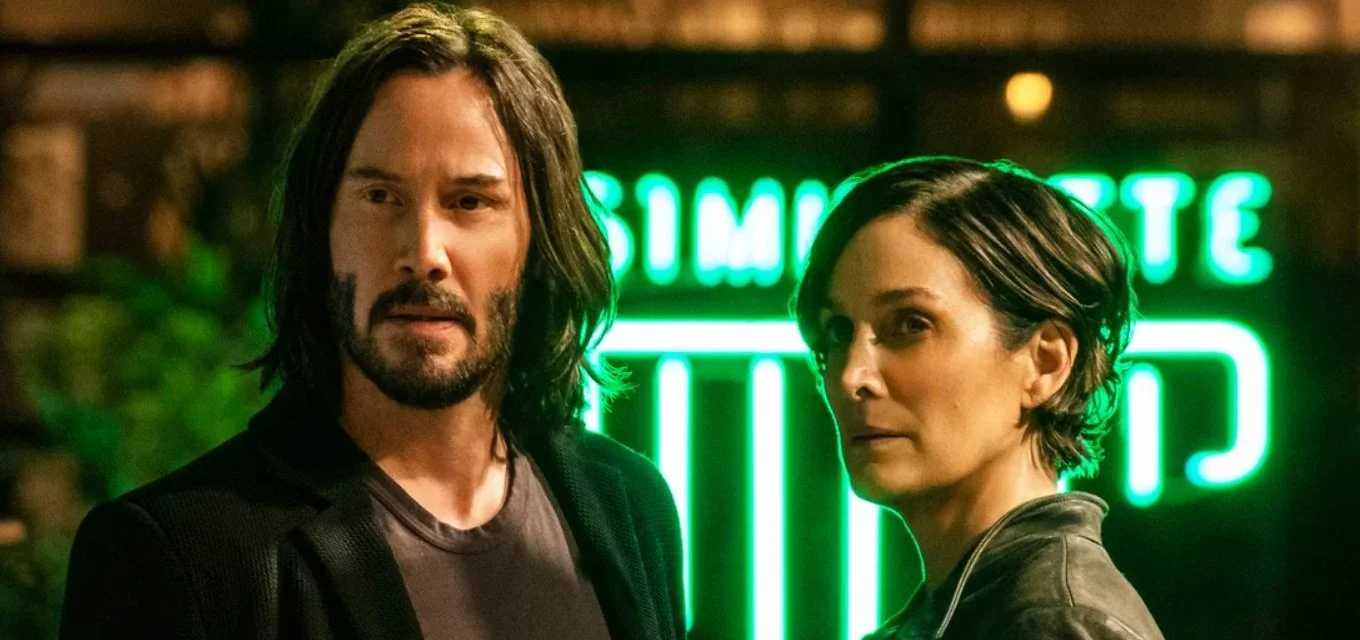Here’s why "The Matrix Resurrections" is pure genius
Stephen H. Provost
Did we really need another Matrix movie?
Heck, that was a question I was asking after the first (disappointing) sequel. To be fair, almost anything would have seemed like a letdown after the original, which still ranks as one of my favorite movies more than two decades later.
The problem was, The Matrix was a great self-contained story. It didn’t need a sequel, so trying to cash in on the original by creating sequels was a tall order. That conundrum is even parodied in a scene from the latest movie from director and co-writer Lana Wachowski, in which the characters question the point of making a fourth installment of a video game called The Matrix.
The Matrix has always been an exercise in determining what’s real and what’s not, and that feeling is amplified even more in The Matrix Resurrections, the fourth in the movie series. The characters seem vaguely aware that they’re in a programmed reality called the Matrix, but also that they’re characters in a movie about the Matrix.
Since we didn’t really need the second Matrix movie, or a third, it’s worth asking — as the characters do in the movie itself — why we need a fourth.
The movie answers that question itself: because times have changed, both onscreen and off.
The original Matrix movie depicted Thomas Anderson/Neo (Keanu Reeves) as being a sort of corporate drone, caught in a dead-end, repetitive job. His cubicle epitomized the Matrix, and the red pill was his ticket out.
But in the new movie, he’s being imprisoned not by a corporation, but by a charismatic individual called the Architect (Neil Patrick Harris), who has fashioned a new Matrix.
The critique of corporate mindlessness is still there beneath the surface; there’s even a not-too-complimentary reference to Mark Zuckerberg. Still, the focus has shifted to a “new power” that has risen to create a new construct, and it’s hard not to notice a similarity between the Architect and a certain reality show host-turned-president. Harris’ character even uses the word “sheeple.”
The Matrix Resurrections is basically the original movie updated to account for changes in both the world it depicts and the world that’s watching from this side of the screen. It’s still an allegory, and the basic themes are the same, but they’ve been updated and adapted to fit new situations. Some characters are the same and others are new or changed, just as happens in real life. People age and evolve; they enter and leave our lives. But through it all, human motivations and challenges remain the same.
Fate or choice.
Free will or destiny.
Acceptance or defiance.
The genius of The Matrix Resurrections is that it’s both a reboot of the original and a sequel. It tells the same familiar story again, but updated to fit a different time. The main characters are the same, but they — at least Neo and Trinity (Carrie-Anne Moss) — have to start from scratch and become conscious of their situation all over again: a situation that’s no longer exactly the same.
This new situation affects other characters, too, who are also “resurrected” in the new movie. Some are much older, and changed by their experiences. Others have returned in different forms, played by different actors in the case of Morpheus and Agent Smith. They, too, have changed.
But the story has not.
The Matrix Resurrections recognizes, as well as any movie, the archetypes that undergird all our stories. We can tell them time and again, in different ways, with different heroes and villains, in different worlds at different times. Yet the need for love and the quest for freedom; the power of fear and the need for security guide us throughout whatever story we find ourselves living.
As in the latest movie, our lives are both reboots of archetypal themes and new stories that serve as sequels to those that came before. The Matrix Resurrections presents us with a mirror of our own world and shadows of ourselves upon a screen. Its true genius lies in showing us a version of ourselves and leaving us to interpret the meaning in light of our own unique situations.
Did we really need another Matrix movie? Maybe not. Or maybe we did in order to remind us that the more things change, the more they really do stay the same.
